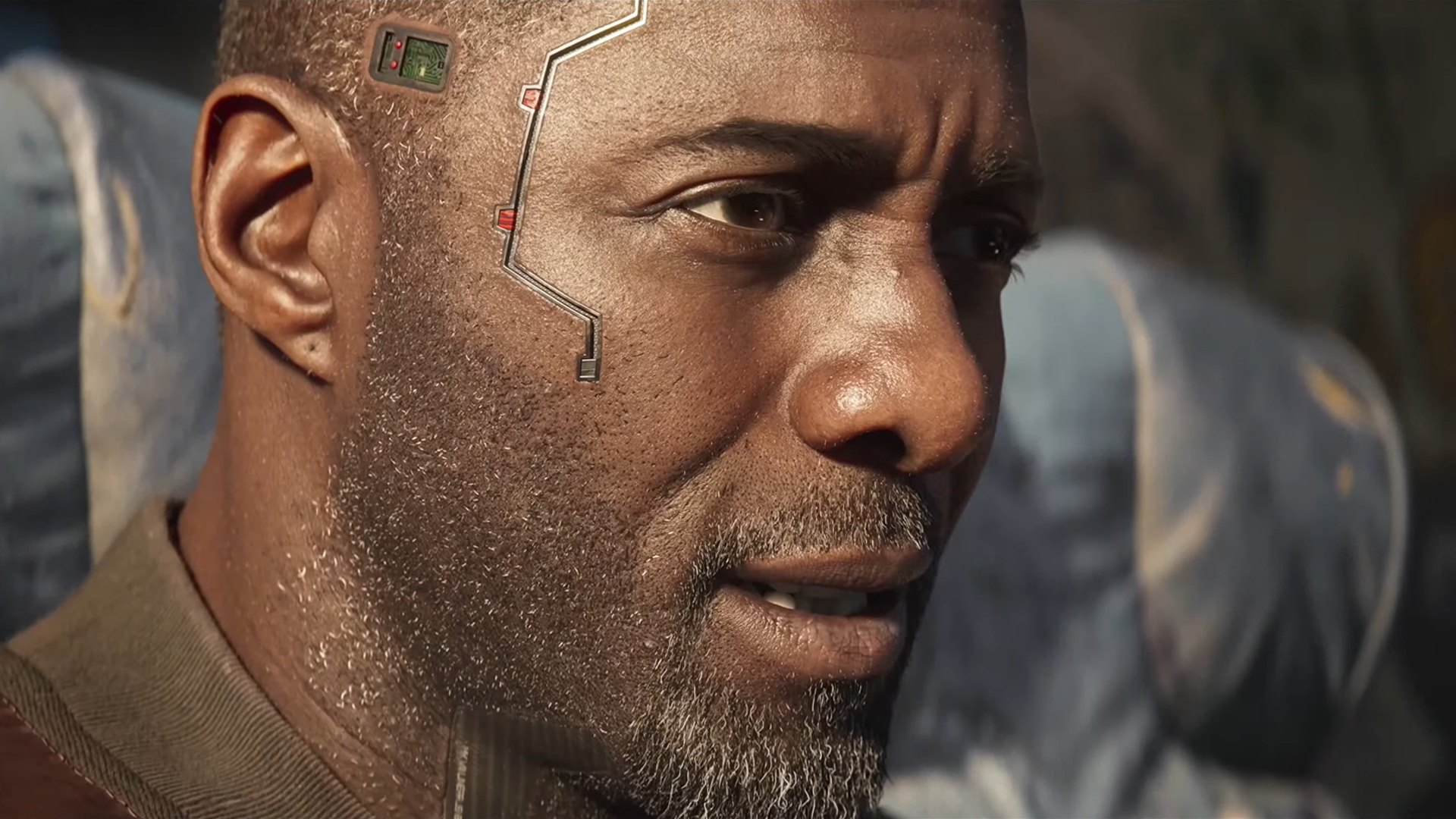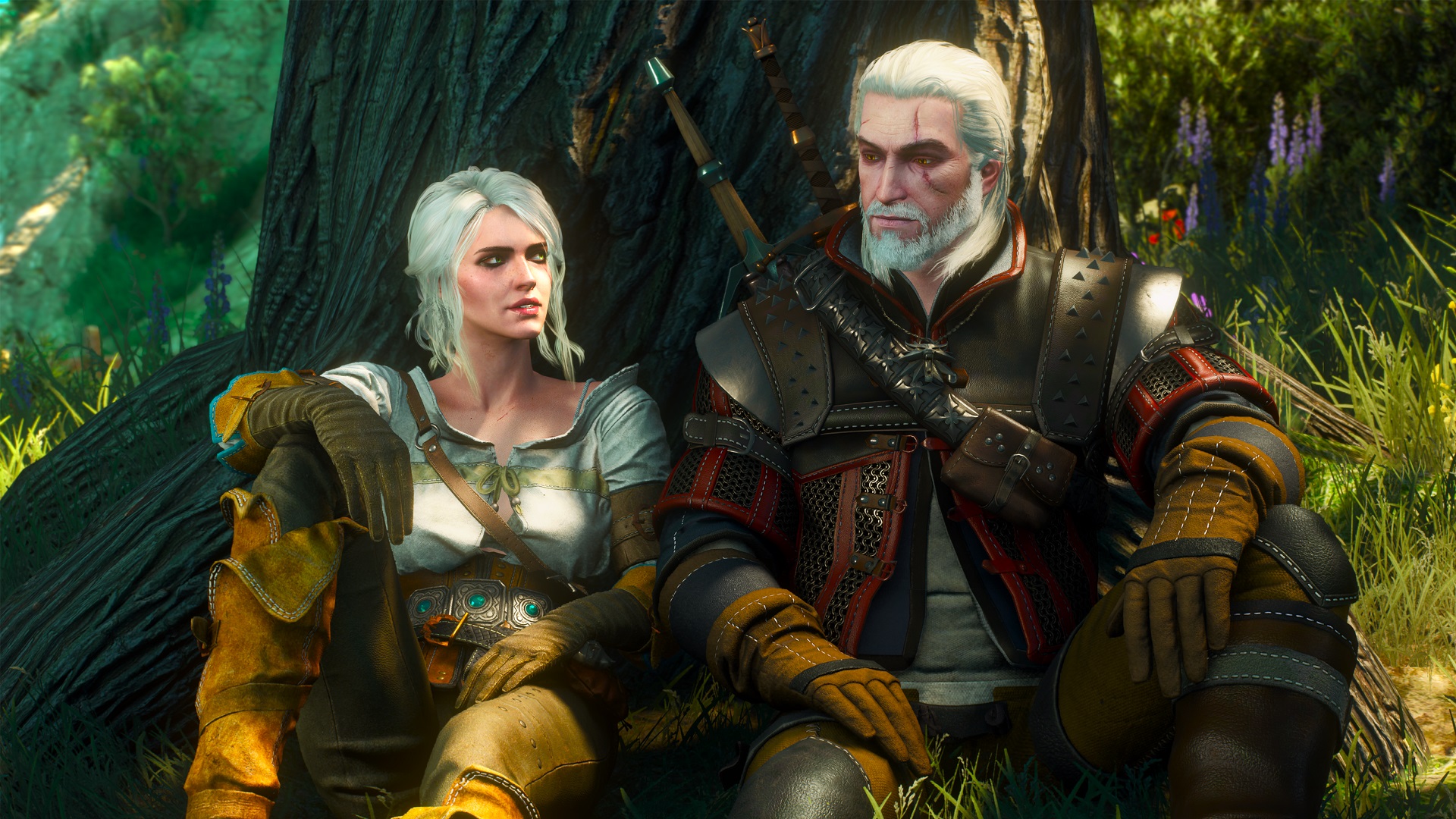As Phantom Liberty cements Cyberpunk 2077's comeback, CDPR gets candid about its horrible launch: "We repeated a lot of mistakes we got away with on Witcher 3"
CDPR leads reflect on Cyberpunk 2077's disastrous debut as it finally delivers the RPG fans wanted to begin with

Between a glowing Cyberpunk 2077 Phantom Liberty review wave and free, foundational changes in the 2.0 update, CDPR has finally made good on its troubled RPG's years-old promises.
In a newly released 75-minute documentary from Ard Media, multiple CD Projekt Red leads discuss Cyberpunk 2077's long comeback arc, particularly the disastrous launch that started it. The most enduring and damning moment of the launch is still probably Sony's decision to not only refund unhappy buyers, but totally remove the game from the PlayStation Store, such was the game's disrepair.
"When you're very high, the fall is very painful," says quest director Paweł Sasko. "For me Phantom Liberty is the final word that we can say, and we can show basically what we want it to be, what we actually really wanted players to feel, what we wanted to give them, what the game was supposed to be."
"I can try to explain what went wrong," he says elsewhere in the documentary. "I don't think one person has a complete, comprehensive view of everything that went wrong. One thing was that we just had too little time."
Studio head Adam Badowski admits that "from a distance we knew that we should spend more time polishing the tech of the game, give more time to the team, because the team is great."
Level designer Miles Tost compares the project to The Witcher 3, which left CDPR riding high as an RPG powerhouse. "It's not like with The Witcher, where we did the third part," he says. "This was the first Cyberpunk game. It wasn't long before we wound up in the situation – together with developing the new IP and the story and how it was supposed to be – where we really couldn't find out for a long time how the game was supposed to work. What is Cyberpunk 2077, anyway? And we made a lot of prototypes, and there were a lot of ideas we came up with and a lot were tossed. I built a location, and then a week later, I knew it would no longer be needed that week."

Tost's comments remind me of Bethesda head Todd Howard's remarks on finally finding the fun in Starfield after seven years of development. Video games often come together relatively late in production, and that effect can be more extreme in the AAA space where development teams are so large, and even more so with a massive open-world RPG with so many moving parts. Even so, Cyberpunk 2077 demonstrably didn't come together until after launch.
Sign up to the GamesRadar+ Newsletter
Weekly digests, tales from the communities you love, and more
"Partially the issue was located in our production methods," Sasko says. "We simply didn't know – a lot of us didn't know completely where we are with that game."
"It was my fault," Badowski says. "Our games are super complex, super big. Pretty long when it comes to navigation, this constellation of quests. I thought that world-building was the most important thing for me, and navigation. I was focusing on that and I missed this point of how big, how important technical excellence is."
"I think after Witcher 3, we just didn't clean up internally to the degree we thought we had at the time," Tost reasons. "And that meant we repeated a lot of our old mistakes which we got away with on Witcher 3. But this time, though, the project was so much bigger, so much more complex, with so many people on it, that we ended up just falling flat on our face."
"Things just came so thick and fast," Tost continues. "And I think that was also the point in time where I personally was closest to leaving the company." He's not alone in this; other CDPR staff featured in the video say they considered leaving the company in the fallout of Cyberpunk 2077's launch, while others say they felt motivated to batten down the hatches and fix the game.
"I remember when we shipped Witcher 3 and we shipped both expansions, and the reason I really wanted to stay here is because they were doing Cyberpunk and I felt it would be tough," Sasko recalls. "The fact that I felt it's gonna be difficult really made me want to do it. After the launch, when not everything went as we wanted, it was really difficult."
Cyberpunk 2077 2.0 patch adds Edgerunners Easter eggs we aren't emotionally ready for.

Austin has been a game journalist for 12 years, having freelanced for the likes of PC Gamer, Eurogamer, IGN, Sports Illustrated, and more while finishing his journalism degree. He's been with GamesRadar+ since 2019. They've yet to realize his position is a cover for his career-spanning Destiny column, and he's kept the ruse going with a lot of news and the occasional feature, all while playing as many roguelikes as possible.


